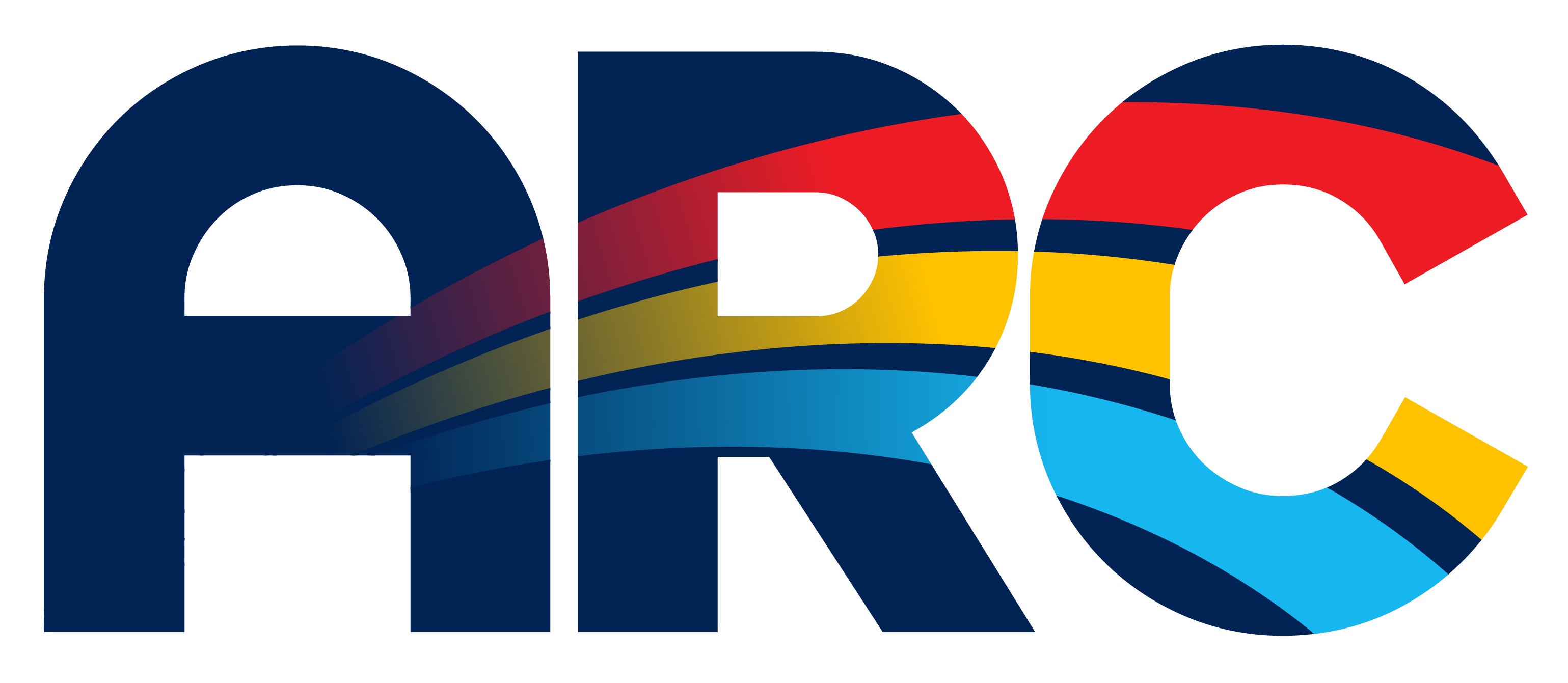Presenter Status
Master's Candidate, English
Presentation Type
Oral Presentation
Session
Literature
Location
Buller Hall Room 108
Start Date
6-5-2016 9:25 AM
End Date
6-5-2016 9:45 AM
Presentation Abstract
In this essay, I examine how Joan Slonczewski’s 1986 feminist science fiction novel A Door into Ocean outlines a practical program of nonviolent resistance to oppression. Unlike many dystopian and utopian novels, which provide social commentary and offer up ideals but not practical solutions, A Door into Ocean depicts the citizens of a peaceful alien nation, Shora, using various practical tactics of resistance against invading Valan forces that can be applied to contemporary protest and political action. I begin my study by examining the threefold influences on the Shoran’s philosophy of resistance: postcolonial resistance, ecofeminism, and Quaker theology. I then turn my attention to Gene Sharp’s landmark 1973 work, The Politics of Nonviolent Action, which Slonczewski has called “a virtual textbook of the methods of nonviolence.” I examine how specific methods from Sharp’s book appear in the novel, and argue that the eventual outcome of Shora’s resistance fits with Sharp’s theory about effective campaigns of nonviolent civil action. A Door into Ocean, I conclude, effectively uses science fiction to demonstrate pragmatic ways in which contemporary feminists can move beyond ideological resistance to active resistance.
Biographical Sketch
Melodie Roschman is a Master's Candidate in English at McMaster University in Hamilton, Ontario, focusing on Gender Studies and Resistance Studies. Her ongoing thesis research concerns memory and storytelling as methods of resistance in Margaret Atwood's "The Handmaid's Tale" and Larissa Lai's "Salt Fish Girl." She graduated summa cum laude from Andrews University in May 2015 with a BA in English and Journalism.
A Door Into Ocean’s Nonviolent Resistance as Pragmatic Social Vision
Buller Hall Room 108
In this essay, I examine how Joan Slonczewski’s 1986 feminist science fiction novel A Door into Ocean outlines a practical program of nonviolent resistance to oppression. Unlike many dystopian and utopian novels, which provide social commentary and offer up ideals but not practical solutions, A Door into Ocean depicts the citizens of a peaceful alien nation, Shora, using various practical tactics of resistance against invading Valan forces that can be applied to contemporary protest and political action. I begin my study by examining the threefold influences on the Shoran’s philosophy of resistance: postcolonial resistance, ecofeminism, and Quaker theology. I then turn my attention to Gene Sharp’s landmark 1973 work, The Politics of Nonviolent Action, which Slonczewski has called “a virtual textbook of the methods of nonviolence.” I examine how specific methods from Sharp’s book appear in the novel, and argue that the eventual outcome of Shora’s resistance fits with Sharp’s theory about effective campaigns of nonviolent civil action. A Door into Ocean, I conclude, effectively uses science fiction to demonstrate pragmatic ways in which contemporary feminists can move beyond ideological resistance to active resistance.



